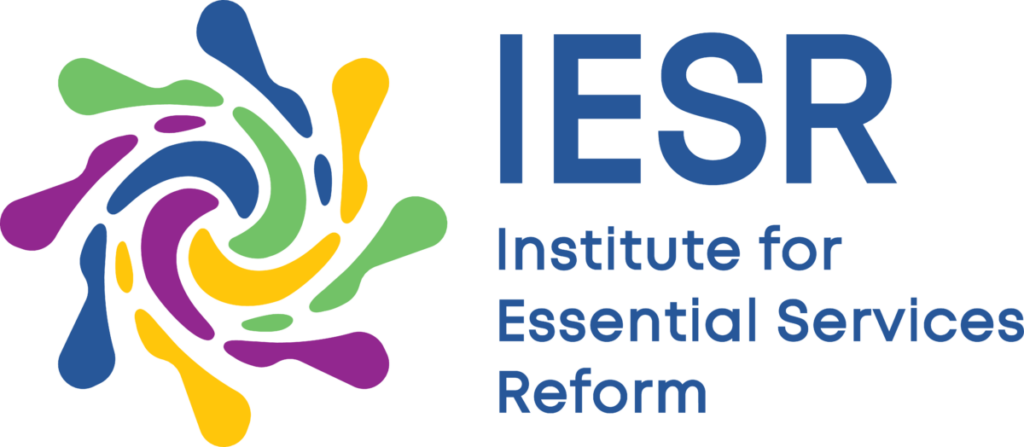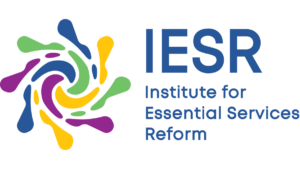Backgorund
Indonesia’s National Electricity Plan (RUKN) 2024–2026 projects 443 GW of installed capacity by 2060, with 41.6% from Viable Renewable Energy (VRE). As VRE capacity increases, ensuring power sector reliability through expanding energy storage becomes critical. Additionally, electrification of transport would also accelerate which constitutes potential demand for battery technology. The Draft National Energy Policy (RPP KEN) already targets 178 million EVs by 2060, while RUKN sets a battery energy storage storage goal of 18 GW. Alternatively for a more ambitious energy transition scenario, IESR estimates a higher capacity of battery that up to 300 GW may be needed by 2045 and all road transport electrified by 2050 to meet the 1.5°C climate target.
With the huge potential demand for battery technology in the next few decades, establishing local capacity and supply chain for the technology would be critical to lower the cost and optimize economic benefit for Indonesia. The battery supply chain ecosystem can be categorized into three main segments: upstream, midstream, and downstream. However, the development of the battery supply chain ecosystem across these segments is significantly influenced by the declining cost of battery manufacturing, driven by continuous technological innovation and advancement and evolution of the battery chemistry.
BloombergNEF reports that the price of lithium-ion batteries has dropped to USD 139 per kilowatt-hour as of 2023. Despite this positive trend, several structural challenges remain. Notably, Indonesia currently lacks an operational battery recycling system, limiting the circularity and sustainability of its battery ecosystem. Moreover, there is a disconnect between Indonesia’s substantial nickel reserves, accounting for approximately 48% of global production, and the configuration of its electric vehicle (EV) supply chain. While Indonesia holds strong potential to develop a nickel-rich NMC (Nickel Manganese Cobalt) battery industry, most Original Equipment Manufacturer (OEM) facilities serving the domestic EV market are based in China, favoring the assembly of LFP (Lithium Iron Phosphate) batteries. This misalignment presents a strategic challenge for optimizing Indonesia’s domestic value creation in the battery sectors. The study intends to calculate the economic impact caused by development of the end-to-end battery supply chain in Indonesia based on the battery types trend projection (lithium ion, sodium ion, redox flow battery, etc) and also projected demand of global energy storage and EV battery demand from IESR study.
As an energy and environment think-tank, the Institute for Essential Services Reform (IESR) encourages transformation into a low carbon energy system, therefore, is conducting a study to assess the economic impact regarding the development of the battery supply chain ecosystem in Indonesia. In line with our commitment and the aforementioned opportunities and challenges, this study is expected to understand the impact of battery supply chain development in Indonesia, especially through social and economic perspectives, including potential job creation, income multiplier, and economic growth in battery hub development in Indonesia, for both EV and energy storage systems. This study is expected to start on September 17th and finish on November 15th, 2025. Other information and details can be found in the following sections.
Timeline Proposal
Prospective service providers must submit a proposal package consisting of a technical proposal (background, tasks to be performed, methodology, schedule), a cost proposal (total proposed labor rates and other costs), and a relevant resume and portfolio. All bidders are also required to submit administrative bid documents, which can be downloaded through this link https://bit.ly/IESRBidderStatementLetter
Bidders must submit these documents via email to Program Manager Energy System Transformation at deon@iesr.or.id and CC to ninette@iesr.or.id, auzora@iesr.or.id, rifki@iesr.or.id, ilham@iesr.or.id and faris@iesr.or.id no later than Sunday, 7 September 2025 23:59 PM Indonesian Western Standard Time (WIB, GMT+7). Any bidders fail to meet this specific deadline, their participation will not be taken into the evaluation process. Please include “RFP Response – Consultancy Services for Economic Impact Analysis of Battery Supply Chain Ecosystem in Indonesia” in the subject line.


